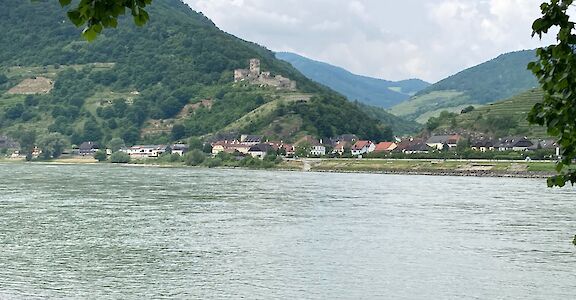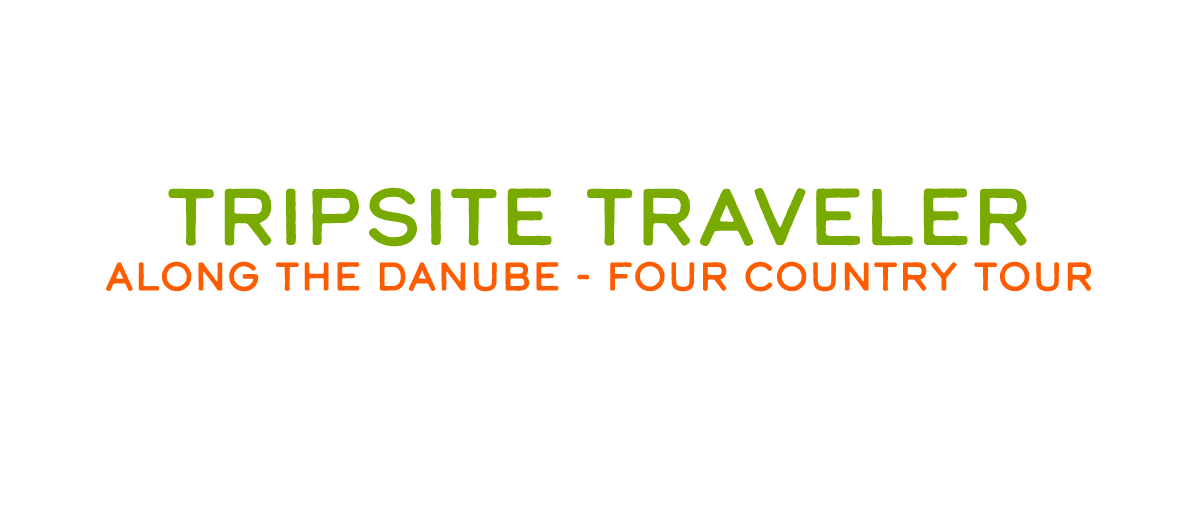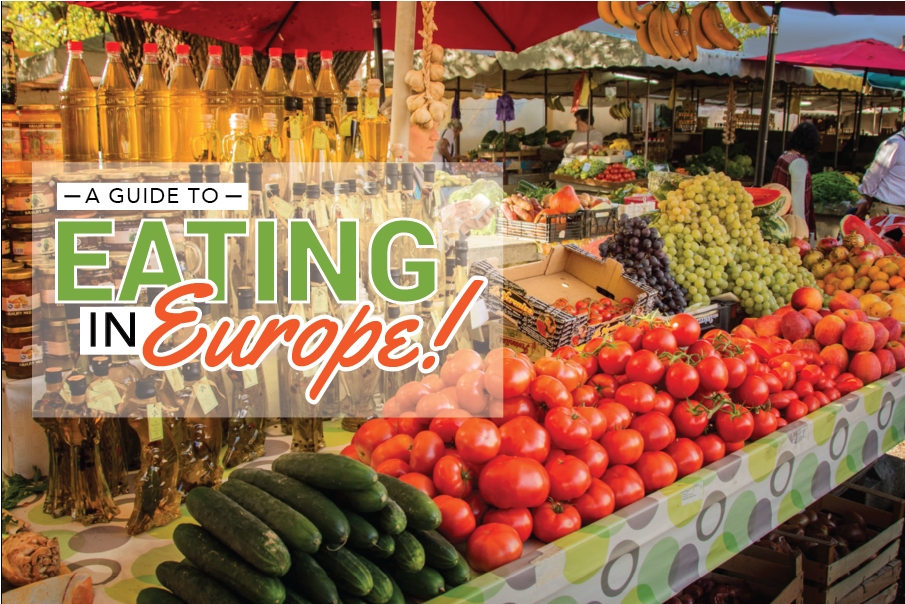Eating in Europe: Helpful Tips
It should come as no surprise that Europe offers some of the best variety and quality food in the world. Organically grown produce and locally sourced ingredients isn’t a new trend in Europe, it’s the way it has always been. Don’t miss out on your chance to indulge in a smorgasbord of delectable eats. Sampling local cuisine is as much a part of the traveling experience as visiting museums and seeing the sites, so here are couple of tips to help you on your gastronomic adventure!
Eating on a Barge: What to expect
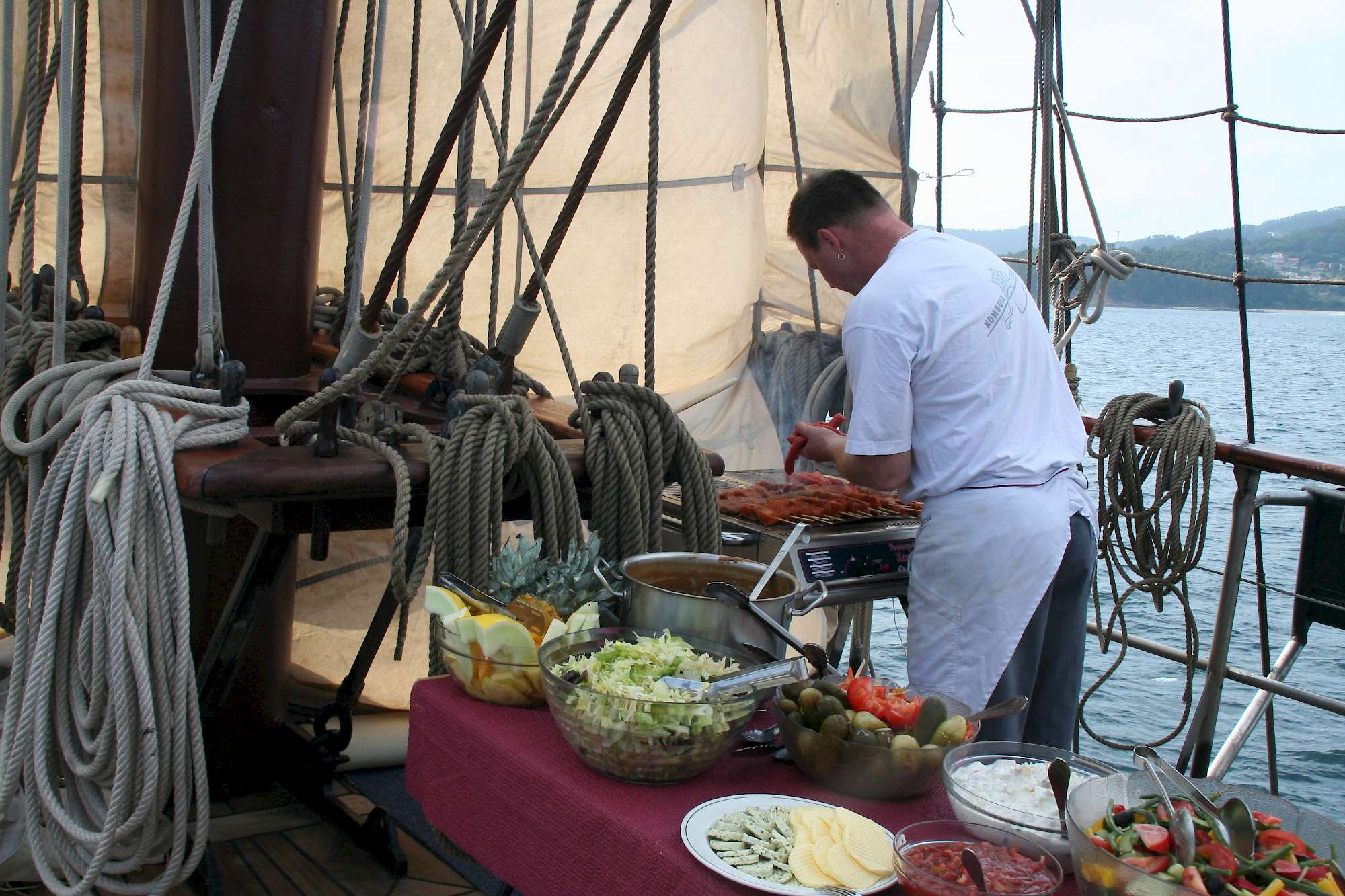
Eating on a barge is a unique and charming experience. Most barges have their own chefs on board and take much pride in their food and presentation.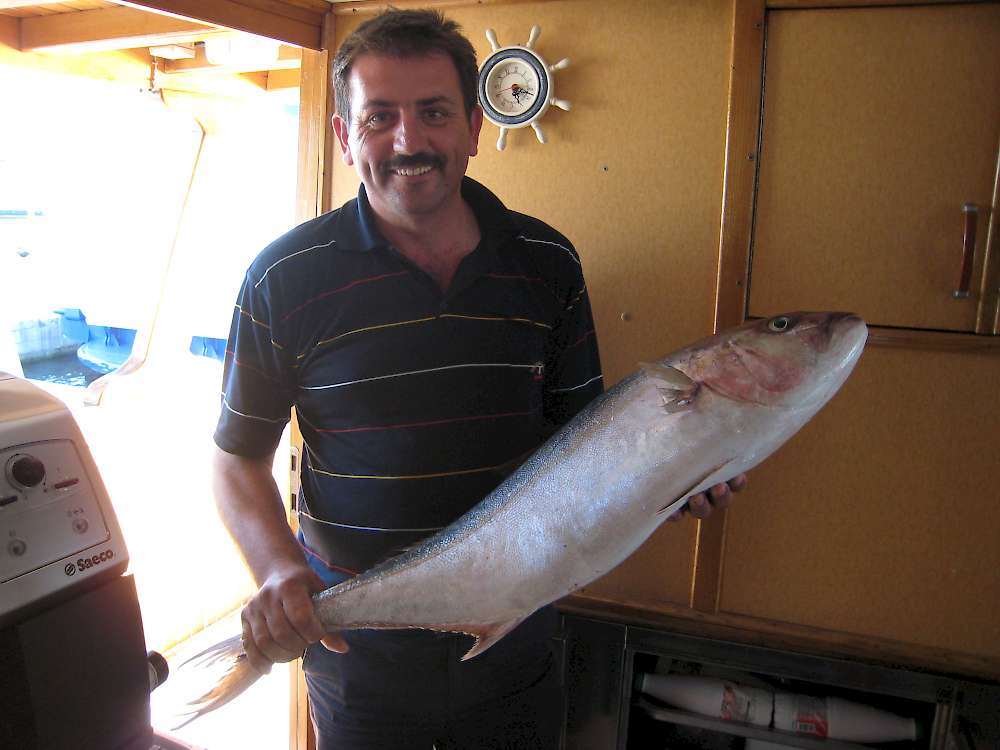
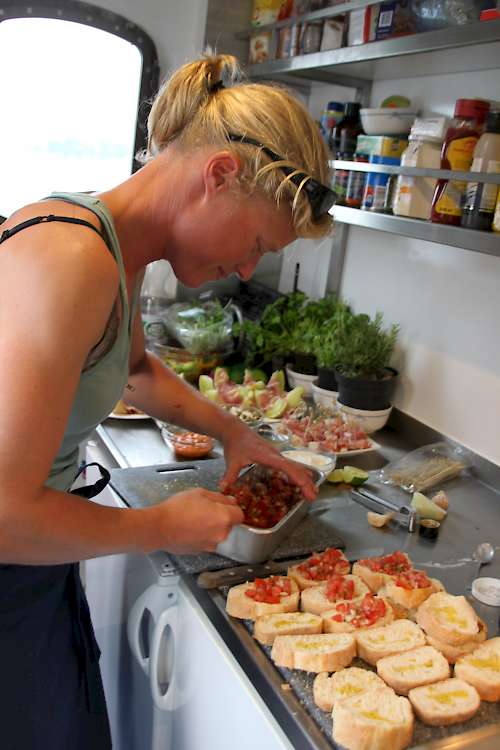
Usually, meals are served around 7:00pm and surround fellowshipping and socializing, so expect the dinner to last a couple of hours. After dinner, it is normal to either head into a nearby town/city or enjoy a cocktail at the barge’s bar.
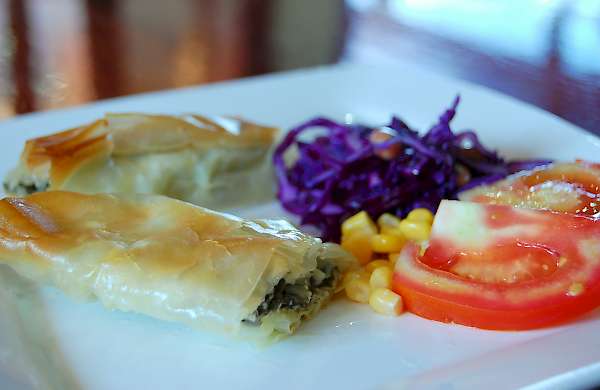 | 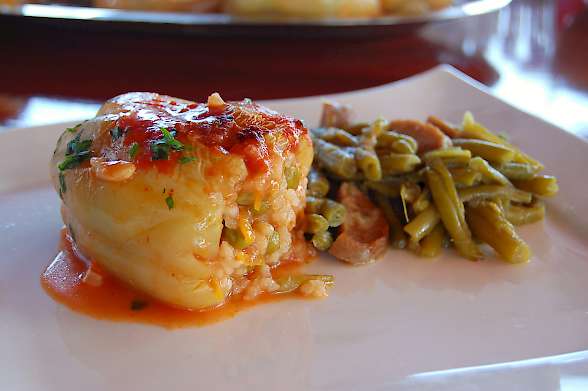 |
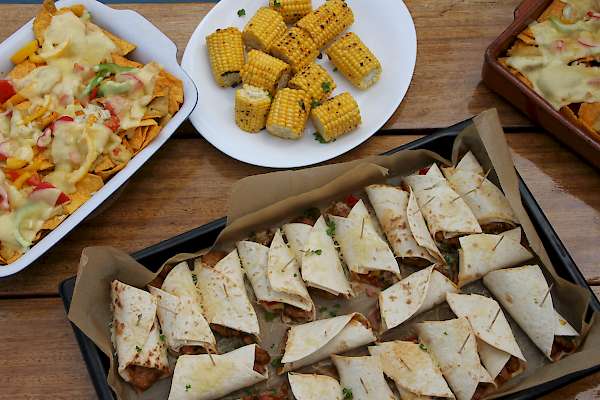 | 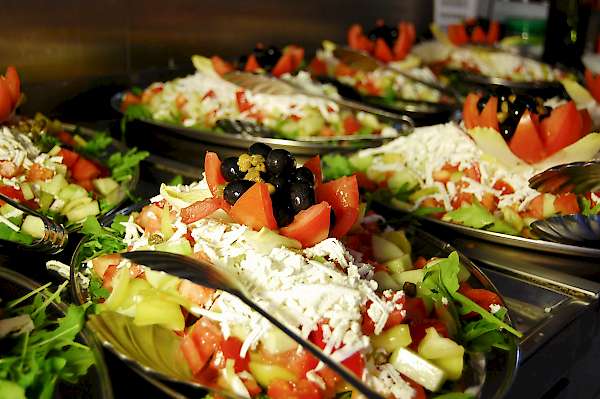 |
Finding Authentic Food
Let me preface this section by saying most food you will eat abroad will be exceptional. Europeans uphold high standards for food in both quality and taste. On the other hand, some places are more geared at luring in the hungry tourist. Here are a few suggestions on how to spot an authentic place to chow down!
Do your research. The internet makes it extremely easy to find what places are popular and well reviewed. If you forgot to do your homework before hand (shame on you), you can do a quick survey while walking around. Places that look legitimate, lively, and list food in the native language are usually a safe bet.
Explore. Don’t be afraid to wander off the main drag and explore the narrow cobbled streets. Sometimes the hidden gems are REALLY hidden, but don’t worry, the extra effort is totally worth finding a genuine eatery.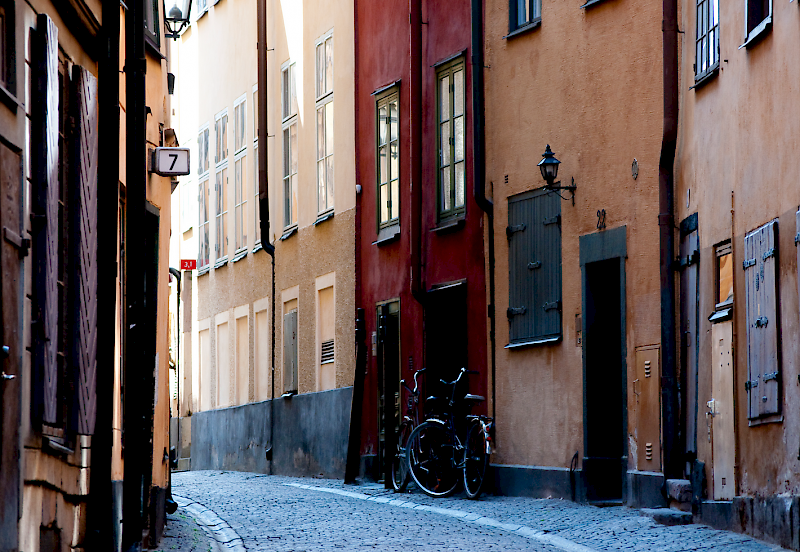
Ask the locals. Use your judgement. Try to spot someone who looks approachable and ask them with a smile (preferably in native their language), where the good places are. Don’t let a language barrier deter you from interacting with locals or restaurant staff. Generally, people appreciate when you try to speak their language, or ask in their native tongue if they speak yours.
Tipping
Rick Steves said it best: “Here’s a tip: Don’t stress over tipping.” He is exactly right. Although tipping is appreciated, it’s not exactly a grand gesture of generosity nor is it as automatic as other places in the world. In fact, in most countries in Europe, tipping isn’t expected at all. Tipping comes down to your own personal philosophy, resources, and circumstances.
First thing to know is tipping is much more modest in restaurants in Europe. Make sure you check the menu to see if service charges are included. If not, a tip of 5-10 percent is considered normal, whereas 10 percent is a very generous tip. Tipping 15-20 percent is unnecessary.
If you are ordering food at a counter, tipping is unnecessary. This also applies to pubs. Remember that tipping etiquette may vary from country to country, but in general, wait staff is well paid and do not expect a large tip. Instead, a small bonus (rounding check to a convenient number) is a nice way to reward great service.
It is better to hand the tip directly to the server. Particularly, in large places or outdoor seating, the tip has a higher chance of getting pocketed. Even if you pay with credit, it is better to tip with cash (Sometimes there isn’t even a line for tip on credit card receipt).
Other Suggestions
Pack snacks. Especially while biking, a sudden hunger pang is not an unusual occurrence. Pack a snack that you can easily munch on while on the road. This is especially important because the barges serve a late dinner.
Eat before you are too hungry. This will prevent you from sprinting to the first place you see, which will probably be touristy, expensive, and of poor quality. Also, if you are like most people, hunger is usually accompanied by crankiness and nobody likes a cranky traveler.
Don't be afraid to share. This is the best way to try a variety of different food offerings without breaking the bank, wasting, or becoming too full. This is also a great way to interact with others on the tour. Picnics on the road are a great way to interact with other cyclists, break bread, and share stories.
Ask for tap water. If you ask for water at a restaurant they will almost always bring you an expensive bottle of water. Tap water is usually free but you have to ask for it. Tap water is not safe to drink in a some places, so do some research and use discretion.
Don’t be afraid to try new things. Traveling is all about seeing unfamiliar sights, meeting interesting people, and exploring new things. Don’t let this mentality stop at the table. I always say approach food with an open mind and an open mouth!
Keep these tips in mind whether on the bike, boat, or exploring European village, town, or city. Have fun and happy eating!

